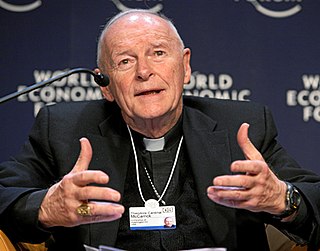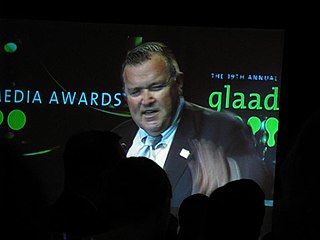A Quote by Shereen El Feki
Laws that treat people living with HIV or those at greatest risk with respect start with the way that we treat them ourselves: as equals. If we are going to stop the spread of HIV in our lifetime, then that is the change we need to spread.
Related Quotes
If people are encouraged to come out and say they're HIV-positive and they're given their treatments, then obviously, the people who are marginalized - like intravenous drug users, prisoners, people are made to feel less-than - if they're given the support of the government, and they're given the funding, then it's going to help solve the spread of AIDS and HIV in America.
HIV criminalization is a global trend, but surprisingly Canada has some of the worst HIV laws in the world - they have incarcerated 200 people to date who have not infected anyone, and half of them are black. This is emotional manipulation that began as an anti-immigrant measure and has devolved into an exploitation of sexual anxiety. It's a crisis of meaning.






























